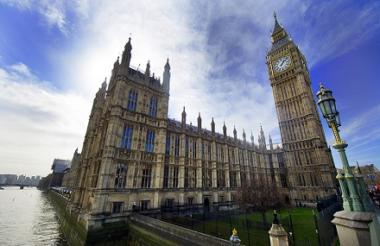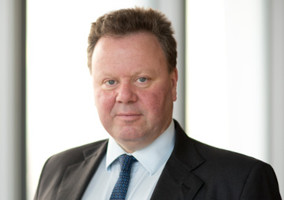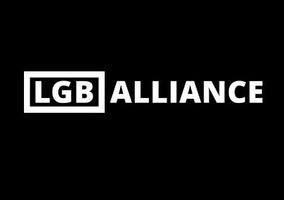Charity law should be amended because “the system is wrong” if an organisation can be awarded charitable status despite a record of poor behaviour, suggested SNP MP John Nicolson.
During the Digital, Culture, Media and Sport (DCMS) Committee's pre-appointment hearing for the government's preferred candidate to become the Charity Commission chair Martin Thomas, Nicolson brought up the issue of the LGB Alliance.
Nicolson asked Thomas if there should be “a minimum standard of behaviour which aspiring charities and trustees must meet before they become charities”.
LGB Alliance, a group formed in opposition to Stonewall’s support for transgender policies, received charity status earlier this year despite what the Commission described as “inflammatory language”. A group of LGBT charities is now challenging the Commission's decision to register the LGB Alliance through the Charity Tribunal.
LGB Alliance abuse
Nicolson, a gay MP, felt he had become a target for abuse because of his support of the Gender Recognition Act. Yesterday he said he was called a “woman-hating” “rape-enabling” “misogynist”.
He said LGB Alliance also encouraged individuals to donate to a fundraising page and impersonate him. Nicolson said the abuse reached the level where it has been referred to the House of Commons security team.
The Charity Commission’s full decision to register the group noted some of its language in the past has been considered “inflammatory and offensive”. The Commission received a number of complaints about registering the LGB Alliance, including one from Nicolson, and a crowdfunder to appeal its charity status has raised over £68,000.
As part of its vision, the charity states “our rights, culture, and history are now under threat from new ideologies conflating biological sex with the notion of gender identity”.
During the select committee, Nicolson voiced his concerns about the matter and asked Thomas for his view.
Thomas said he was aware of the case he was referring to, and because the charity is undergoing further investigations that he could not comment.
'I think most people would think that's quite bizarre'
Nicolson said: “So you can pretend to be an MP, which is a contempt of parliament, impersonate an MP, you can tweet obscene abuse about an MP or anybody else […] you can then apply for charitable status and then be granted it. I think most people would think that’s quite bizarre.”
Regarding the abuse, Thomas agreed “that shouldn’t be happening and you have my sympathies for that, that’s horrible” but said the “Charity Commission has to be in some sense distant or removed from that” and follow charity law.
Nicolson suggested the law should be changed, and said: “So does the law need to be reformed? Because if a lobbying organisation can behave like that and still meet the requirements to become a charity is there something wrong with the law that parliament needs to fix?”
Thomas said that he would have to look into it, and said he did not know whether or not past behaviour was taken into account during Charity Commission decisions.
The MP continued: “Shouldn’t there be a minimum standard of behaviour which aspiring charities and their trustees must meet before they become charities? Because if you can post this kind of grotesque abuse and then be rewarded with charitable status there’s something wrong with the system, regardless of what your view is on the merits of this particular case.”
Thomas replied by saying Nicolson’s comments held “some weight” but said he could not comment on the LGB Alliance case specifically.
In more general terms, Thomas said: “I think the issue is not exactly whether the rules about charities and the Charity Commission need to be reformed at this point, it’s a more general matter.
“There is a great deal of law and guidance around how people should behave in the public space, law about safeguarding, law about defamation [...] there’s all sorts of laws that do dictate people’s behaviour.”
He concluded that “more thought” was needed to determine if additional measures for charities should be introduced.
Related articles












